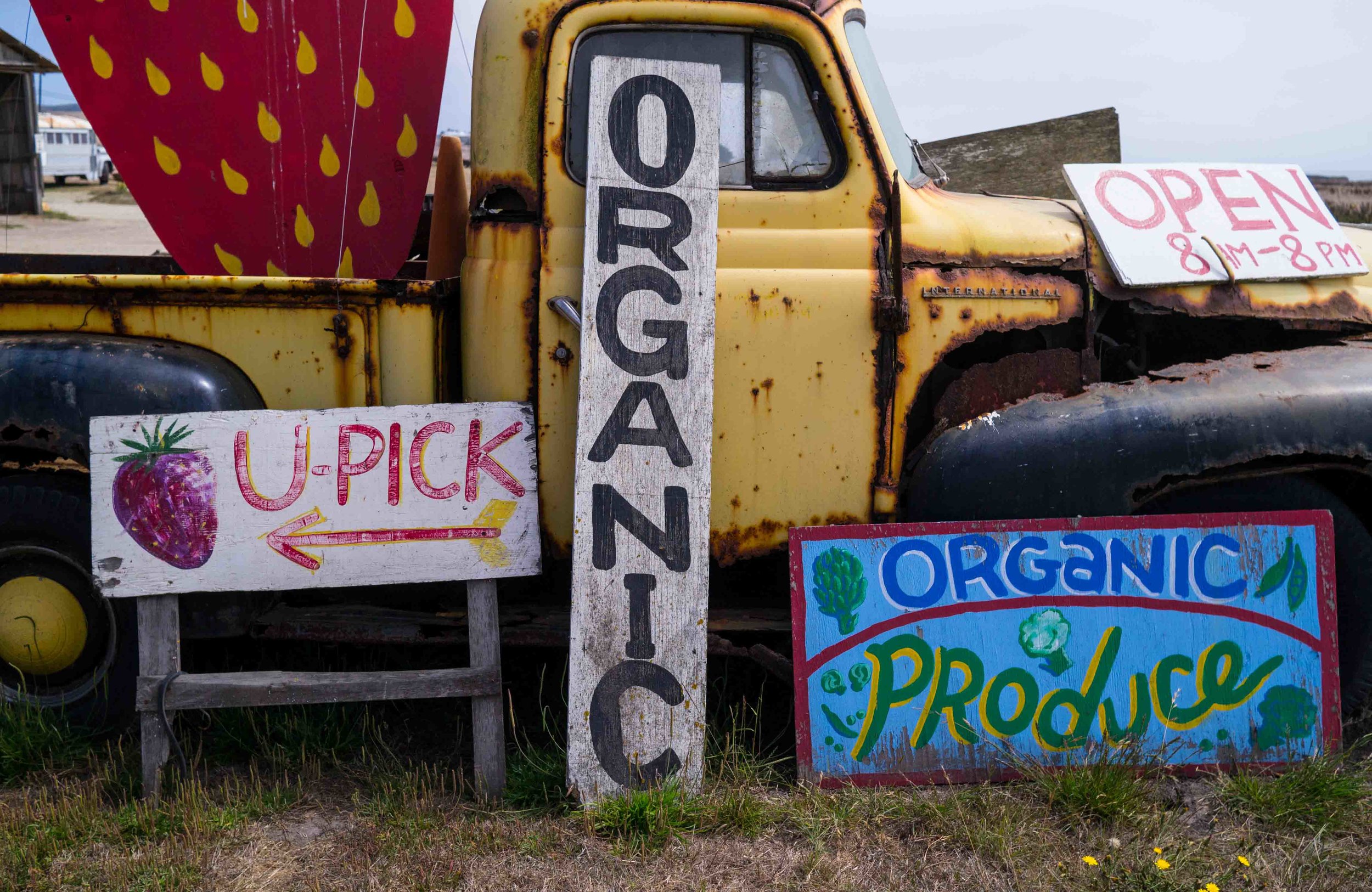M. Jahi Chappell is a political agroecologist with training in ecology and evolutionary biology, science and technology studies, and chemical engineering. He is a Senior Research Fellow at the Centre for Agroecology, Water and Resilience (CAWR) at Coventry University, and a Fellow of Food First.
Jahi has recently published a book called Beginning to End Hunger: Food and the Environment in Belo Horizonte, Brazil and Beyond. It is rooted in his field research in Belo Horizonte over more than a decade, and presents a far-reaching analysis of how to end hunger, what is keeping us as a society from doing it, and how we might overcome the many obstacles in our way. Devon spoke to Jahi in the cafeteria of the United Nations Food and Agriculture Organization in Rome, during a vibrant symposium on agroecology. We talk about the experience of Belo Horizonte’s massive investment in food security, the expansion of those ideas to Brazil’s Fome Zero (Zero Hunger) programs, and the need to build trust between groups and find common agendas so that we as a movement are ready when political windows open for radical change.
Photo courtesy of Cecilia Rocha.

